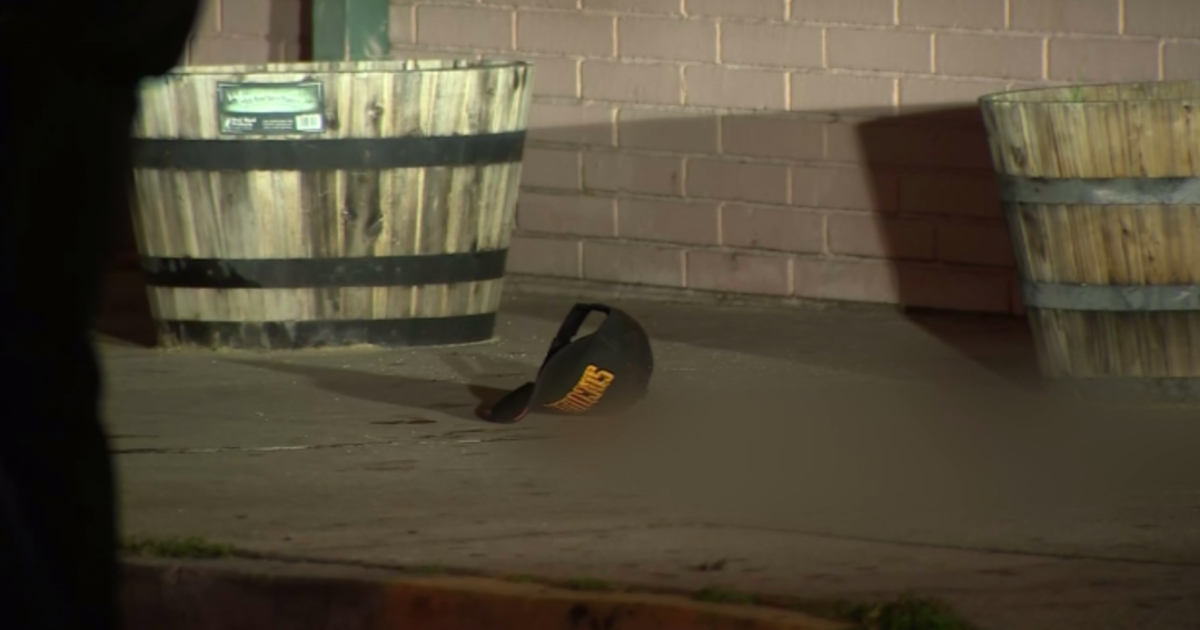'Pea Pod', Mattress Technology Aids Premature Babies At Cedars-Sinai
LOS ANGELES (CBSLA.com) — A Southland hospital is utilizing a new technology to help premature babies to survive and thrive outside their mother's womb.
Doctors in the Cedars-Sinai Neonatal Intensive Care Unit have begun routinely using a device known as the Pea Pod to measure the body composition of infants in order to more rapidly and effectively assess their nutritional needs, according to hospital officials.
The Pea Pod device - which resembles a mini MRI machine - is heated before the baby is placed inside for about three minutes. An air displacement method is then used to detect change in pressure, which helps the machine determine the percentage of body weight that is fat and the percentage that is lean body mass.
Health care workers can then use the data to personalize the baby's nutritional supplements to help with appropriate weight gain.
"The Pea Pod is important in helping the NICU team facilitate a healthy weight gain in the smallest infants by calculating the amount of lean mass and body fat in the infant on a daily or weekly basis," according to Dr. Charles Simmons, chair of the Department of Pediatrics and Director of the Division of Neonatology.
In addition to improving nutrition assessment, Cedars-Sinai is also using new specially designed mattresses to help improve sleep patterns and head shape development in preemies.
Known as Lifenest, the mattress has an oval-shaped netting in the center and is intended to reduce pressure on different parts of the baby's body including the head.
Doctors designed the mattresses in response to a sharp rise in plagiocephaly -commonly known as "flat head" - following the 1990s, when babies were placed on their backs to reduce the risk of Sudden Infant Death Syndrome.



